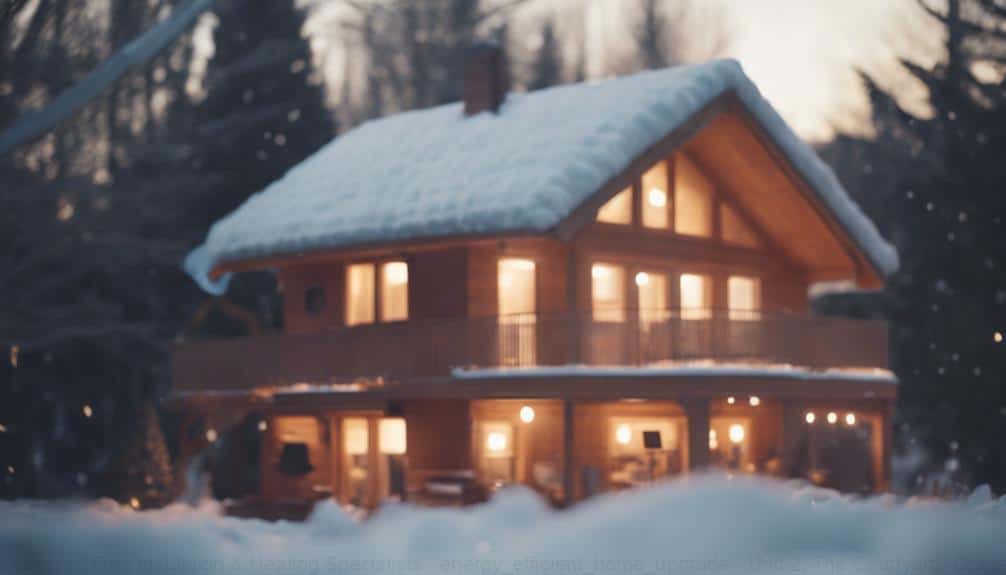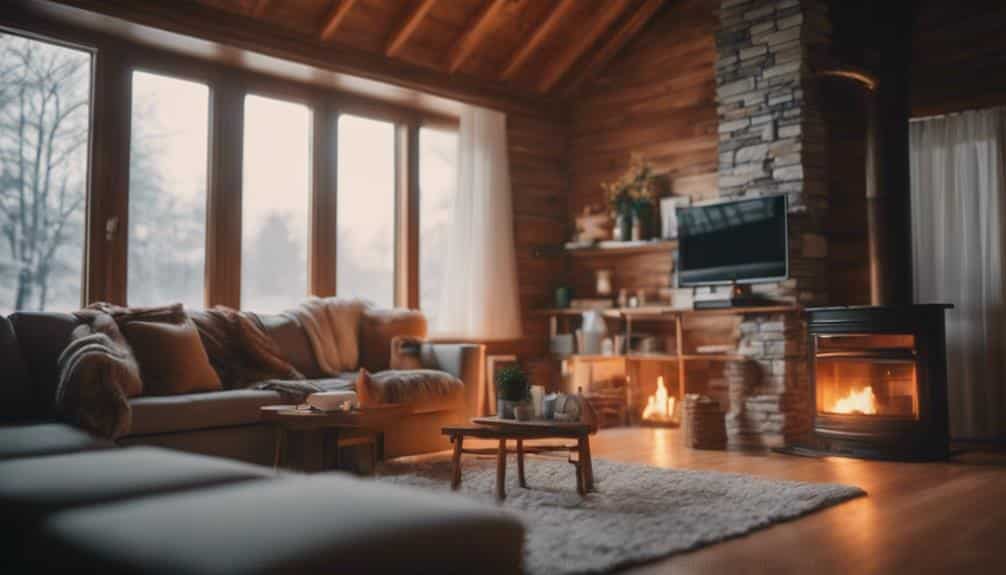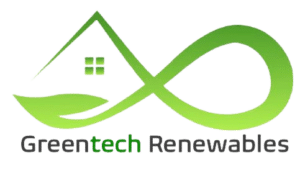Increase your home's energy efficiency and enhance its EPC rating with upgrades like:
- Loft insulation: This minimizes heat loss and is a DIY-friendly project.
- LED lighting: Energy-efficient lighting, such as LED bulbs, reduces costs and boosts your property's EPC rating.
- Wall insulation: Crucial for lowering heat loss and decreasing heating expenses.
These improvements not only raise your property's value but also cut down on energy consumption and expenses, leading to a more energy-efficient home.
Table of Contents
ToggleLoft Insulation Benefits

Insulating the loft significantly reduces heat loss, improving energy efficiency and lowering energy consumption. This measure also enhances the home's EPC ratings.
Loft insulation, a DIY project suitable for various skill levels, helps retain heat within the home. Homeowners can complete the task themselves or hire professional insulation companies for efficient installation.
Enhancing energy efficiency and overall comfort, insulating the loft positively impacts the home's EPC rating.
Lighting Upgrade Impact
Upgrading the lighting system in a home enhances energy efficiency and improves the property's EPC rating.
Transitioning to energy-efficient LED bulbs brightens spaces, saves costs, and reduces environmental impact. The Energy Saving Trust suggests that using LED bulbs can save about £20 annually, leading to long-term financial benefits.
Wall Insulation Importance

Wall insulation significantly enhances a home's energy efficiency and environmental sustainability. Cavity insulation, a common method, reduces heat loss and energy consumption effectively. The installation costs range from £370 to £500 for an average-sized home.
Improving wall insulation creates an energy-efficient living space, reducing the need for excessive heating and lowering utility bills. Prioritizing wall insulation in home upgrades positively impacts the environment and financial savings.
Frequently Asked Questions
Can Loft Insulation Reduce Noise From Outside Disturbances?
Insulation materials, such as loft insulation, can provide soundproofing benefits by reducing outside noise disturbances. These materials are primarily designed to retain heat and reduce energy consumption. By dampening external sounds, insulation contributes to enhancing indoor comfort.
Is There a Maintenance Cost Associated With LED Bulbs?
LED bulbs have minimal maintenance costs due to their extended lifespan, resulting in lower energy consumption and substantial long-term savings. Their easy installation and energy-saving benefits make them a cost-effective choice.
How Long Does Cavity Wall Insulation Typically Last?
Cavity wall insulation typically lasts for 40-80 years, offering long-term energy savings benefits and enhancing home energy efficiency. Proper installation requires minimal maintenance.
Do All Hot Water Tanks Require an Insulation Jacket?
Insulating a hot water tank with a jacket improves efficiency by reducing heat loss, leading to lower energy consumption and costs. This upgrade helps retain heat within the tank, contributing to significant energy savings.
What Factors Should Be Considered When Choosing a New Boiler?
When selecting a new boiler, prioritize sustainability and performance for long-term benefits. Opt for a model with high energy efficiency ratings to reduce utility costs and lower carbon footprint. Consider factors such as boiler efficiency and environmental impact to ensure optimal operation.



